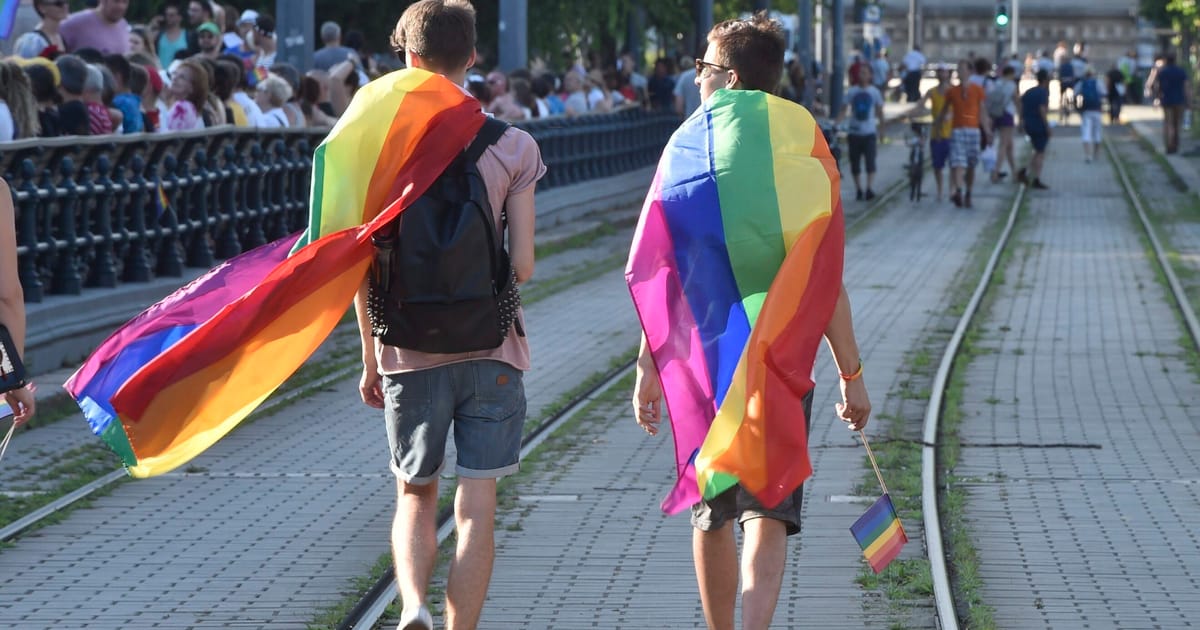

The world recently witnessed a series of significant events across different regions, each bearing potential implications for societal progress and international relations. These developments inspire cautious optimism, reflecting moments of resilience and dialogue as nations and communities navigate complex realities.
In Hungary, preparations for Budapest Pride have attracted attention, both locally and internationally. Ahead of the event, Belgium issued a travel advisory for its citizens attending the parade, prompted by Hungarian Prime Minister Viktor Orbán’s announcement of “legal consequences” for those defying government orders related to Pride activities. Despite these tensions, a remarkable unity is showcased, with a European Commissioner and 70 Members of the European Parliament, including Portuguese representatives Ana Catarina Mendes and Catarina Martins, planning to join the march. This participation is emblematic of broader European solidarity with the LGBTQ+ community, underscoring a collective commitment to human rights.
Meanwhile, in the United Kingdom, cautious optimism surfaces surrounding efforts to secure the release of British-Egyptian dissident Alaa Abd el-Fattah. The dissident, who has been detained in Cairo, became a focal point of diplomatic discussions between UK Labour Party leader Keir Starmer and Egyptian President Abdel Fatah al-Sisi. A breakthrough in communication reflects a constructive step, resonating with Abd el-Fattah’s family and supporters. Laila Soueif, Abd el-Fattah’s mother, has paused her hunger strike following these developments, choosing instead to receive medical support in hopes of witnessing diplomatic resolutions. Her resilience embodies the enduring spirit of advocacy through non-violent means.
Across the Atlantic, the United States has taken a step to depoliticize its commemorative practices. Defense Secretary Pete Hegseth announced that a U.S. Navy supply vessel, originally named after Harvey Milk, a trailblazing gay rights icon, will be rechristened to honor Chief Petty Officer Oscar V Peterson. Peterson’s exemplary service in the Battle of the Coral Sea during World War II is a reminder of valor removed from current political discourse. While the decision stirred conversations about the balance between acknowledging historical contributions and affirming modern diversity values, it sparks a reflection on how nations choose to enshrine their heroes and heroines.
These disparate stories, ranging from demonstrations of solidarity in Central Europe to nuanced diplomacy in the Middle East and evolving commemorations in North America, reflect the manifold ways societies and institutions strive to address and transcend contemporary challenges. By maintaining dialogue, participating in global gestures of unity, and thoughtfully exploring the ways we honor those who inspire us, the global community continues to navigate its path toward a more inclusive and just future.
Throughout these moments, a mindful patience prevails, encouraging inclusive discourse and peaceful action. As these narratives unfold, they remind us of our shared potential to shape the world through empathy, understanding, and concerted efforts in acknowledging the dignity of every person, across borders and beliefs.
Source: {link}
